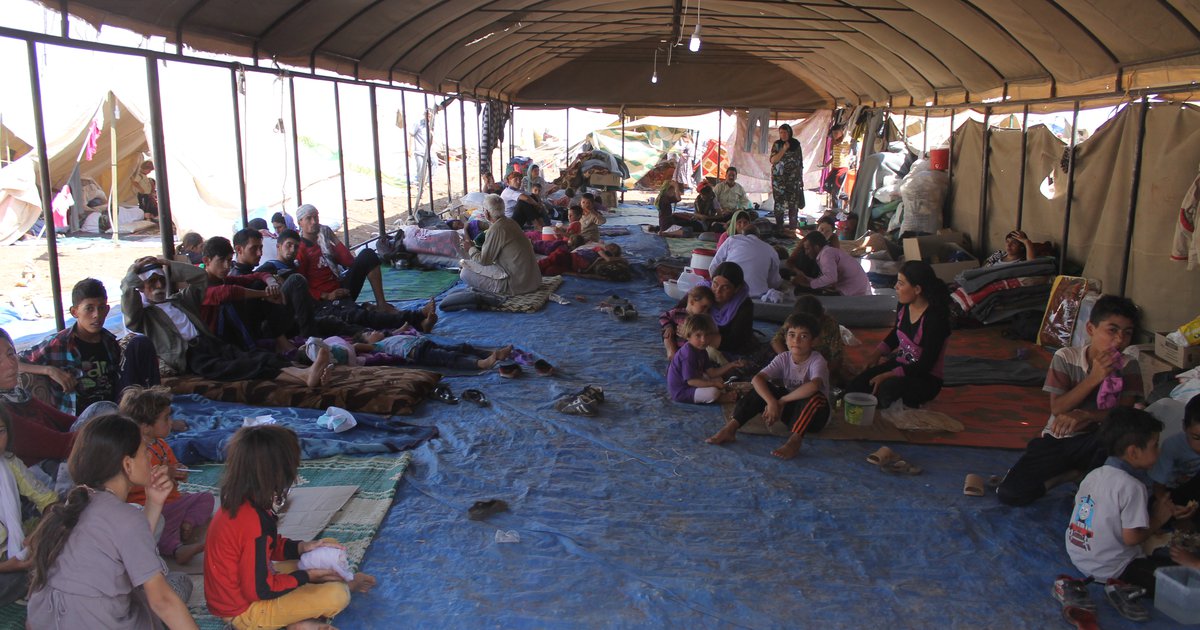BBC’s documentary on the Iraq war overlooks genocide

The BBC’s recent documentary Once upon a time in Iraq is wonderfully made. The interviewees are edgy and articulate and the weaving of personal testimony with fascinating footage is provoking and engaging. However, with the end of the fifth episode entitled ‘Legacy’ and of the series, I was left stunned that a major part of the story was entirely airbrushed out of the sleek narrative.
If the purpose of the documentary was to reveal the arc of the consequences of the 2003 invasion, it missed a crucial point. In August 2020, just weeks after the final episode was aired, Yazidis and Christians marked six years since the genocide that has left hundreds of thousands displaced. If the documentary was trying to point to the legacy of the Iraq war, surely the decimation of certain Iraqi communities should have been at least mentioned.
It is not only Iraqis from religious and ethnic minorities who have been affected by brutal violence and displacement, as the documentary shows. However, for these small communities, the legacy of 2003 is the possible end of their presence in their ancestral lands.
According to an article published recently by the Chaldean Church - the largest church in Iraq - Daesh forcibly displaced 120,000 Christians from their homes in Mosul and the Nineveh Plains in just one night in August 2014. To date, only 40% of these people has returned home, while the rest either remain displaced within Iraq, mainly in the Kurdish region, or have emigrated.
The Christians of Iraq are descended from the ancient civilisations that occupied the area of Mesopotamia for millennia and were among the first to embrace Christianity. Although there are no accurate statistics, it is estimated that in 2003 the Christian population of Iraq was around 1.5 million. Today it is thought that less than 250,000 remain.
In terms of legacy, the impact on the collective consciousness of the Yazidis (Ezidis) is worrying. They speak of having experienced over 70 genocides throughout their history. Yazidis have a unique belief system and culture that they fear might be lost. Many of their traditions have historically been passed down orally so with the fragmentation of the community into the diaspora many of those I have interviewed in my research fear the total loss of their heritage.
As of August 2020, 2887 Yazidis were still missing and it is feared that many women and children are still being held captive. Hundreds of thousands remain in Internally Displaced People camps in Northern Iraq living under squalid conditions.
tinyurlis.gdclck.ruulvis.netshrtco.de
